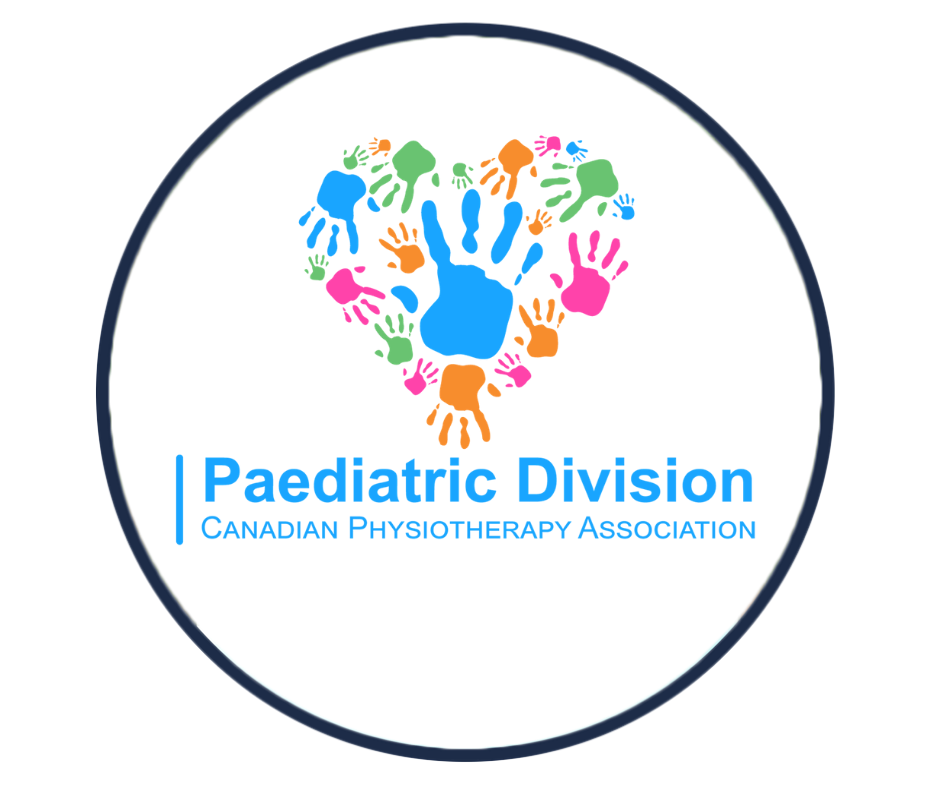Childhood physical activity disparity: What can pediatric Physiotherapists do to get kids with disabilities moving? - Sponsored by the CPA Paediatric Division

Childhood physical activity disparity: What can pediatric Physiotherapists do to get kids with disabilities moving? - Sponsored by the CPA Paediatric Division
1 hour
Childhood physical activity disparity: What can pediatric Physiotherapists do to get kids with disabilities moving? - Sponsored by the CPA Paediatric Division
Date: November, 26th 2020
Time: 1pm - 12pm EST
Price: Free
Description:
In Canada, nearly 4% of children and youth under the age of 15 years and 13% of youth between the ages of 15 and 24 years have a disability. Children and youth with disabilities are often less active than their typically developing peers. Low activity levels in childhood are known to be antecedents to adult chronic diseases. Engaging in physical activity provides children and youth with disabilities opportunities to build and maintain their physical, psychological, social and emotional health. Yet, access to physical activity opportunities within the community are often limited for children and youth with disabilities by physical, institutional and social barriers. Access to physical activity opportunities has been complicated even further by the recent COVID-19 virus outbreak and related lockdowns and restrictions. These barriers often pose as challenges for clinicians who work with children and youth with disabilities and their families to provide appropriate recommendations for their patients to engage in PA within their community.
Thus, this webinar aims to provide physiotherapists who are currently or plan on working with children and youth with disabilities further information related to physical activity as it pertains to this population. Specifically, the following topics will be discussed:
- Current evidence on the benefits of physical activity for children and youth
- Physical activity and screen time guidelines for children and youth
- Application of physical activity and screen time guidelines in children and youth with disabilities
- Current evidence on the amount of physical activity and screen time children and youth with disabilities are accumulating daily
- Current evidence on the amount of physical activity and screen time children and youth with disabilities are accumulating as a result of COVID-19 and related restrictions
- Strategies physiotherapists can implement in their practice to increase physical activity and reduce screen time for their patients
- Resources and opportunities for adapted play and physical activity, including virtual ways to engage
- Strategies physiotherapists can use to advocate for play and physical activity for children and youth with disabilities during the recovery from COVID-19
Speakers: Kelly Arbour-Nicitopoulos & Sarah Moore
Kelly Arbour-Nicitopoulos, PhD, is an Associate Professor in the Faculty of Kinesiology and Physical Education at the University of Toronto, an Adjunct Scientist at Bloorview Research Institute, and a Researcher of the Canadian Disability Participation Project. Dr. Arbour-Nicitopoulos’ research focuses on evidence-based practices for promoting physical activity across the lifespan in populations living with disabilities. She has published over 90 peer-reviewed papers, book chapters and abstracts and has attracted over $6 million in research funding over the last decade. Her most recent project, the National Physical Activity Measurement (NPAM) Study, is the only nation-wide study assessing movement behaviours in children and youth with disabilities.
Sarah Moore, PhD, is an Assistant Professor in the School of Health and Human Performance and a Scholar at the Healthy Populations Institute at Dalhousie University. Dr. Moore's research promotes physical activity, sport, recreation, and play across the lifespan. Her work focuses on children and adolescent health and she is interested in how healthy lifestyle behaviours track into adulthood. Dr. Moore recently conducted a study on the impact of COVID-19 on the movement and play behaviours of children and youth across Canada. She has a specific expertise in promoting physical activity in vulnerable groups, such as children and adolescents with chronic conditions and disabilities.
Please note this webinar is open to the first 500 registrants only, so make sure not to miss out by registering early to avoid dissapointment.
The instructors

The Paediatric Division is a special interest group within the Canadian Physiotherapy Association. Our membership consists of clinicians from all practice settings, students, educators, researchers, physiotherapy assistants and administrators all of whom have a passion for promoting participation and enhancing the lives of children and their families. We are dedicated to provide resources and information for paediatric patients and their families to promote participation and function independence in all aspects of life.
Paediatric physiotherapists employ clinical expertise in the early detection of health problems, treatment, education and management of congenital, developmental, neuromuscular, skeletal, cardiorespiratory or acquired disorders/diseases. Paediatric physiotherapists work with children of all ages, from infants through young adulthood to promote participation and functional independence. Paediatric physiotherapists have a unique role in that they not only work with the child, but also their families in the context of their daily home, school and recreational environment.
Paediatric physiotherapists use validated outcome measures to assess the level of strength, flexibility, gross-, and fine-motor coordination and overall functional capabilities to determine participation limitations or restrictions as a result of injury, disease or disability.
Through analysis of objective assessment findings, the paediatric physiotherapist uses evidence-based treatment interventions specifically tailored to the client and their family's goals. Treatment interventions focus on improving gross and fine motor skills, balance and coordination, strength and endurance, as well as cognitive and sensory processing/integration.
